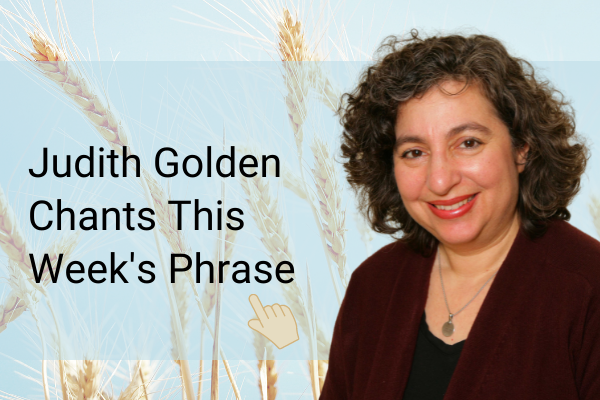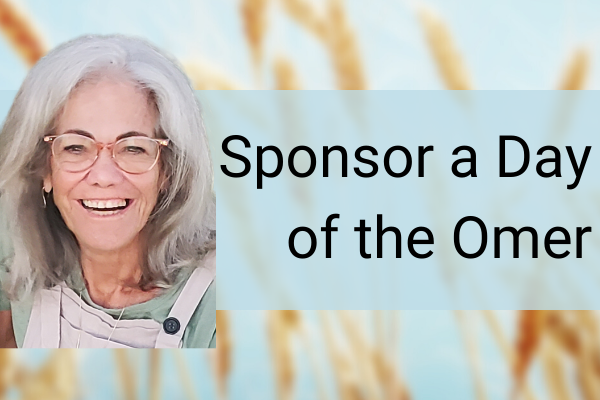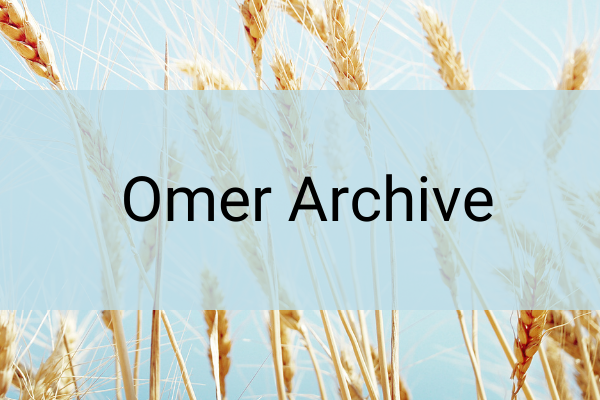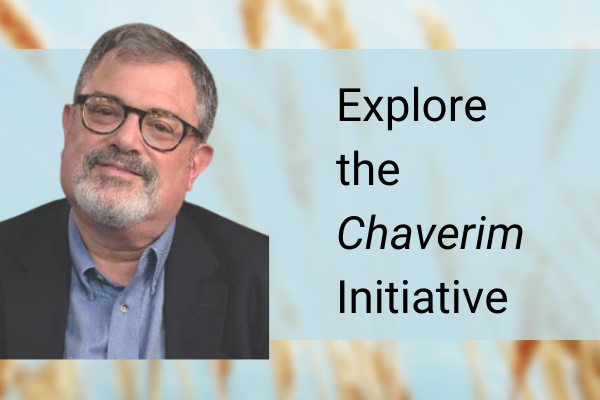COUNT THE OMER 5782
WEEK TWO: GEVURAH
DEEPENING MUSSAR LEARNING AND PRACTICE
The Hebrew word gevurah is not easy to translate into English. It does mean “strength,” and is sometimes used to refer to brute strength, might, power and even severity. But it also has connotations of restraint, discrimination, limitation, discipline, judgment, discernment, the ability to draw lines, and strength in judgment—all of which are aspects of this soul- trait.
This trait is so central to Jewish spiritual thought that gevurah is numbered as one of the ten sefirot of kabbalah; that is, one of the ten fundamental foundations of all of reality. It is the counterbalance to the trait of chesed, or lovingkindness.
And so gevurah, though perhaps at first blush far less attractive than chesed, has its crucial role to play in our lives.
- Alan Morinis
KABBALAH - EXERCISE OR ACTION
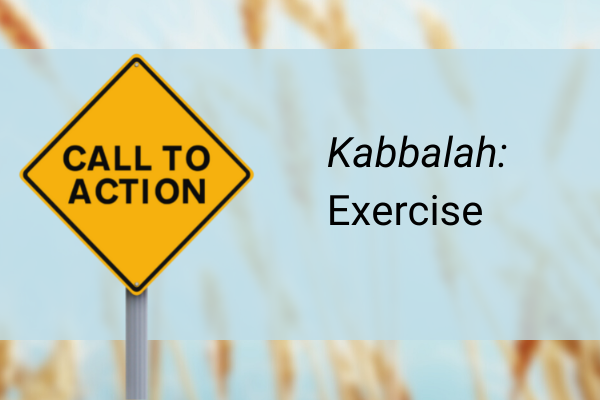
Your exercise for this middah is to flex your (metaphorical) muscles, in the following steps:
- Identify a particular context or relationship in which you see that you could act in a stronger way. That context could involve food, for example, where you know that you ought to be more restrained than comes easily. Or it could be about exercise, which requires a different kind of strength from restraint. Or it could in relation to a particular person who does not see or respect the boundaries you set and so your defense of those boundaries could be more vigorous.
- With that situation or habit or person (or whatever you have identified) in mind, determine what constitutes a strong action. Get clear in your mind as to what behavior meets the test of being called “strong.”
- Resolve to yourself to be strong in just that way. That resolution needs to be recorded somewhere accessible, beginning with the words, “I will… “ and continuing to describe the action you commit to taking.
- Take action as you planned.
CHESHBON HA'NEFESH OR ACCOUNTING OF THE SOUL
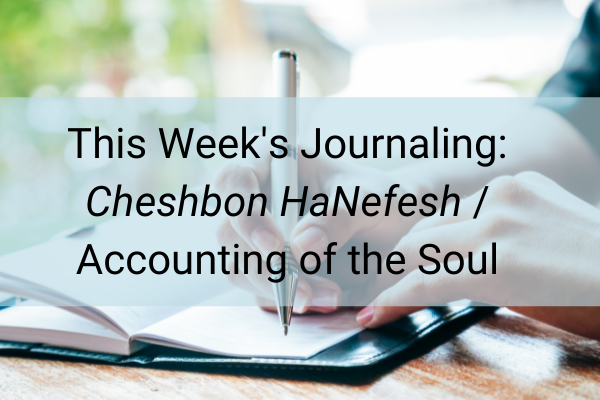
In what ways does a need or call for strength show up in your everyday life? Enumerate different ways and describe how gevurah appears for you in that situation and whether you meet the mark for being strong as the situation calls for.
Examples of how gevurah might be a factor in ordinary situations would be:
- not lashing out on your feelings of anger
- setting a boundary beyond which you will not tolerate someone’s intrusion
- restricting yourself in matters of eating or drinking
- tackling the most difficult problem on your list first
- redirecting your eyes from something you know you should not look at
- setting goals for the week and not loosening on them
- … and much more
Look back over these same five areas of activity and reflect within yourself on anything you can identify that hinders you from being as strong as you would like to be in each one.
Can you put your finger on any fears that hold you back, for example, or desires that compel you forward into action? What are they? Do you have reasons that you give to explain why you do or don’t do these things?
Examine what holds you back from being a gibor [= a strong person; a hero] to the extent that those forces do operate in you. Reflect in your journal especially on your kabbalah, if you undertake that exercise.
JOIN US AS WE COUNT THE OMER 5782
If you are not receiving the daily Omer emails and would like to, please sign up here.
Each daily email will bring:
- the blessing for the day in Hebrew, transliterated Hebrew, and English, and
- a brief teaching from an authentic Mussar source that offers insight and wisdom concerning the trait we will have in focus for the week.
- The daily emails also feature people or groups who choose to sponsor a day of the Omer with a photo depicting the number of the day. It is because of this sponsorship that we are able to offer this program at no cost to any individual.
Each week, we will focus on topics oriented on middah in the way that Tomer Devorah indicates, as such:
- Chesed/lovingkindness
- Gevurah/strength
- Tiferet/compassion
- Netzach/generosity
- Hod/order
- Yesod/silence
- Malkhut/humility

